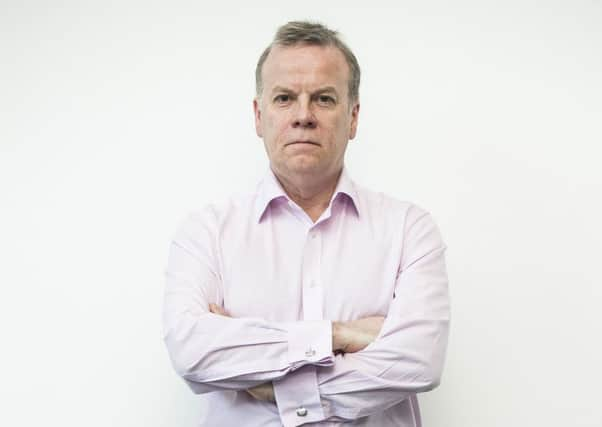Comment: Death of inflation | Clarke’s Tesco test


Governor Mark Carney will be pleased to have seen the headline rate of inflation come in below the 2 per cent target for three consecutive months and within his first year in the job.
He is sure to admit that he did not arrive from Canada armed with silver bullets and that lucky timing has been a factor. The recovery was already taking hold when he moved into Threadneedle Street last July. Even so, credit where it is due and Carney can reflect on a job well done.
Advertisement
Hide AdAdvertisement
Hide AdHe and his colleagues on the monetary policy committee now face a tough decision on whether the improved conditions merit an earlier than planned rise in interest rates. He has said that a hike was not on the horizon, but has already had to revise the forward guidance that tied a rise to a fall in unemployment below 7 per cent. Boosting productivity and exports have been added to the decision-making process.
The economy is improving faster than expected and consumer spending is picking up as shoppers take advantage of lower price increases. This, however, will suck in imports.
Another worrying trend is booming house prices, mainly in south-east England. More confident homebuyers are being drawn into a market still benefiting from record low interest rates and from the government’s Help to Buy stimulus package.
Carney will not want to choke off the nascent revival in housebuilding and the wider construction sector, nor damage prospects for small firms, which have enough problems getting decent rates on their bank borrowings. A rate rise would also do nothing to help exports. Sterling rose against the dollar yesterday in anticipation of a rise in interest rates.
The bank operates independently of government, though there will always be nods, winks and taps on the shoulder just to remind it who is the boss. With a UK general election a little over a year away, the coalition might prefer a rise now rather than during the campaign.
In any case, a key plank of Chancellor George Osborne’s Budget last month was to improve conditions for savers and they will expect him to deliver a rise in rates sooner rather than later. It might even prove a vote winner.
Clarke needing a little help as knives drawn
THE knives are out for Philip Clarke, chief executive of Tesco, who will face his sternest test today when he unveils a disappointing set of full-year results.
Clarke has struggled to match the progress of his predecessor, Sir Terry Leahy, even though some of the tough decisions he has taken include reversing some of Leahy’s projects, such as the launch of Fresh and Easy in the US.
Advertisement
Hide AdAdvertisement
Hide AdClarke is expected to defend his turnaround strategy, as well as his “family of brands” plan for Tesco that now includes Giraffe restaurants and Blinkbox entertainment. Critics say these are a distraction from the main grocery business, which is struggling to fend off competition from the discount supermarket chains.
The merciless bookmakers are already providing odds on Clarke’s successor. The early favourite is John Browett, former chief executive of Tesco.com and current chief executive of Monsoon Accessorize. Clarke needs all the support he can get and he’ll know that every little helps.